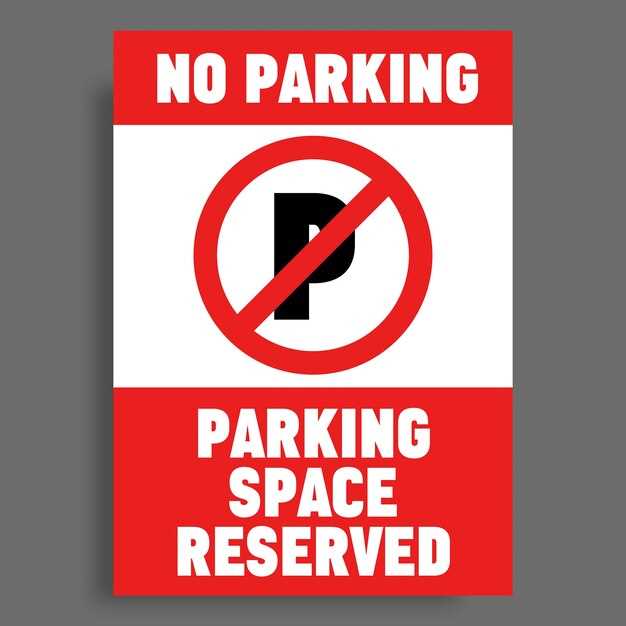
Owning a vehicle comes with the responsibility of regular maintenance and timely repairs. However, there are specific warning signs that indicate a more urgent need for repair. Recognizing these signs early can prevent minor issues from escalating into serious problems, potentially saving you both time and money.
Every driver should be aware of the common indicators that suggest your car is in distress. Unusual noises, fluid leaks, and warning lights on your dashboard are just a few examples of situations that should never be ignored. These indicators serve as the car’s way of communicating with you, urging immediate attention to avoid further damage.
In this article, we will explore the most critical signs that signify your vehicle requires immediate repair. Understanding these red flags can empower you to take swift action and ensure the safety of both you and your passengers. Don’t wait for a breakdown; learn to recognize the warning signs that your car needs help.
Unusual Noises Indicating Mechanical Issues

When driving your vehicle, it is crucial to pay attention to unusual noises that may signal underlying mechanical issues. These sounds often serve as warnings that something is amiss and requires immediate attention.
One common noise to be aware of is a grinding sound when applying brakes. This indicates that the brake pads may be worn out and could lead to severe safety problems if not addressed promptly.
Another concerning sign is a hissing or sizzling noise. This often suggests that coolant is leaking from the engine, which could result in overheating and significant engine damage.
If you hear a clunking or banging sound while driving, it might indicate issues with the suspension system or worn-out components. Ignoring this can result in compromised handling and safety.
A whining noise when turning the steering wheel could be a warning related to the power steering system. Low fluid levels or a faulty pump could be the culprits, and neglecting to investigate may lead to costly repairs.
Paying close attention to these signs will help you maintain vehicle safety and performance. If you hear any unusual noises, it is advisable to seek professional assistance as soon as possible.
Dashboard Warning Lights You Should Never Ignore

Your vehicle’s dashboard is equipped with various warning lights that serve as crucial indicators of its health. Recognizing these signs is vital, as they often denote issues that require immediate repair. Ignoring these signals can lead to more severe problems down the line, resulting in costly repairs and unsafe driving conditions.
One of the most critical lights to watch for is the Engine Warning Light. This light may illuminate for numerous reasons, including engine malfunctions, low oil pressure, or issues with emission systems. If this light appears, it is essential to consult a mechanic without delay to prevent potential engine damage.
Another significant indicator is the Battery Warning Light. When this light activates, it can signal a failing battery or alternator. Continuing to drive without addressing this issue could leave you stranded and in need of a jump start or battery replacement.
The Braking System Warning Light should also not be overlooked. This warning could indicate problems with your brake fluid, worn-out brake pads, or issues with the anti-lock braking system (ABS). Since brakes are crucial for safe driving, prompt attention is necessary to ensure your vehicle’s stopping ability remains uncompromised.
Additionally, the Temperature Warning Light indicates the engine is overheating. Overheating can lead to severe engine damage, including a blown head gasket. Addressing this immediately can save you from extensive engine repairs and maintain safe driving conditions.
Finally, the Tire Pressure Monitoring System (TPMS) Light alerts you to low tire pressure. Insufficient tire pressure can affect handling and fuel efficiency. Monitoring and adjusting tire pressure is necessary for your safety and vehicle performance.
In summary, being aware of and responding promptly to these dashboard warning lights can save you from significant repair costs and ensure your safety on the road.
Fluid Leaks and What They Mean for Your Vehicle
Fluid leaks are one of the most obvious signs that your vehicle requires immediate repair attention. Noticing a puddle or spot under your car can indicate a serious problem that shouldn’t be ignored. Different colors and types of fluids can help you identify the issue, allowing for a quicker response to potential damage.
Oil leaks are typically dark brown or black and signal that your engine is losing lubrication, risking serious engine damage if not addressed. Coolant leaks, often green, pink, or orange, could indicate a failing radiator or hose, leading to overheating and engine failure. Transmission fluid, which is usually red, may mean that your transmission is experiencing issues that could affect shifting and overall performance.
Brake fluid leaks are particularly concerning; this clear or yellowish fluid is essential for safe braking. A lack of brake fluid can lead to failure of your braking system, putting your safety at risk. Meanwhile, power steering fluid, frequently red or pink, indicates issues with the steering system that could hinder your ability to maneuver properly.
In conclusion, any visible fluid leak should be considered a warning sign. Timely identification and repair can save you money and prevent further damage to your vehicle, ensuring safe driving conditions.



